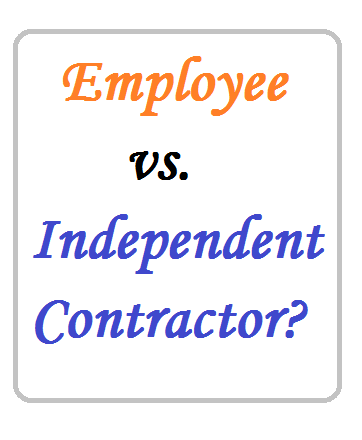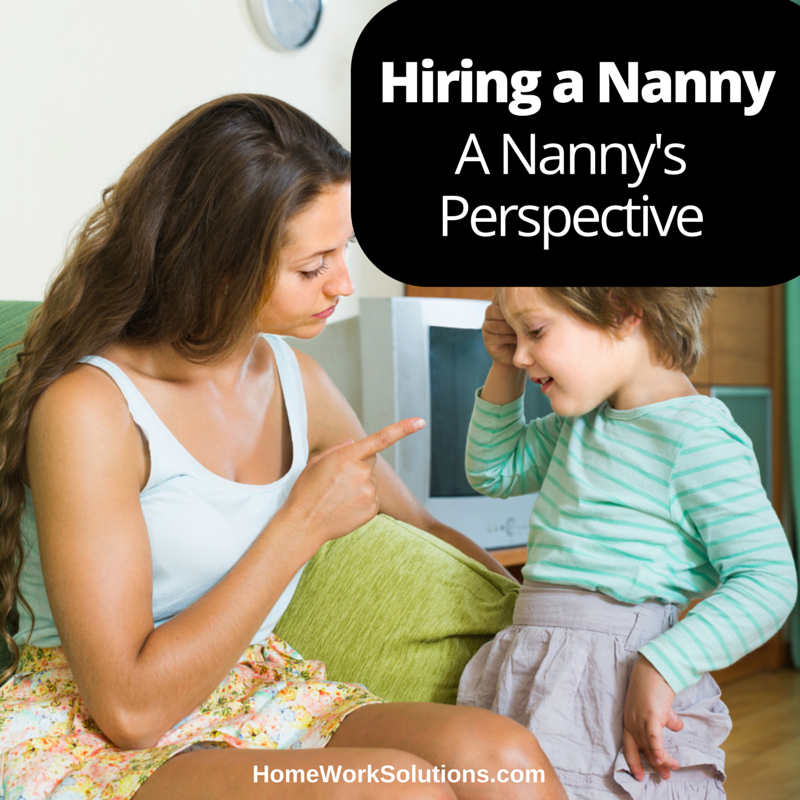Is it really necessary?
Imagine this...
A lovely person is sitting in you mother’s living room. Lately you and mom acknowledge that it would be better if mom had some help at home so she could continue to live at home, even as living there has become somewhat difficult. There are some essential tasks that mom simply cannot manage on her own.
Read More
Topics:
interview guide for elder care,
interview questions for senior in-home care,
Hiring Elder care,
hiring care for seniors,
interviewing elder care applicants
Today's retired seniors by an overwhelming 9:1 ration fully expect to "age in place," staying in their private homes as long as they can and resisting moves to institutionalized settings. Increasingly these seniors private hire senior caregivers who help with mobility challenges, transportation and general household activities as a way to stay in their homes. When you hire a senior care worker directly, you become an employer.
Read More
Topics:
aging in place,
household payroll tax,
Hiring Elder care,
hiring care for seniors
Today’s smart phones are miniature computers on the go. Nannies and parents are constantly discovering new apps that help with care coordination, communication, and just plain saving time. Busy moms and nannies are constantly comparing apps and recommending their favorites to their friends.
Read More
Topics:
nanny
Be specific and avoid misunderstanding
Think about the conflicts you encounter in everyday life, and you’ll recognize the role of details in smooth operations and peaceful negotiations. This is the foundation of a senior home care work agreement.
Read More
Topics:
elder care,
senior caregivers,
companionship services,
senior home care
HWS client care specialists field inquiries about worker classification - whether a household worker is an employee or an independent contractor - all the time. Families call questioning whether they can treat their household employee as an independent contractor, provide them a 1099 Form instead of a W-2, and avoid the entire issue of payroll taxes.
Read More
Topics:
worker misclassification independent contractor,
1099 v w-2,
nanny independent contractor,
household independent contractor
Employment law, wage and hour law, and payroll tax requirements for privately employed senior caregivers are governed by a complex assortment of Federal and state rules and legislation. The scope of duties is used on the Federal level to distinguish companionship care - exempt from Federal minimum wage and overtime protections - from other domestic services that do enjoy FLSA protections.
Read More
Topics:
companionship services,
companionship exemption,
senior home care,
senior home-care workers
The US Department of Labor on September 17, 2013 issued revised rules within the Fair Labor Standards Act (FLSA) that codify recordkeeping requirements of employers with live in domestic service workers. The revised rules closely mirror the recordkeeping advice that HomeWork Solutions gives all household employers. Good recordkeeping is not just the law; it also protects the household employer from unpaid wage claims.
Read More
Topics:
live-in nanny,
live-in caregiver,
payroll recordkeeping
1. Job Description and Household Rules
Your first step is to do a needs assessment. The more specifically you can identify your senior’s needs – physical, medical and emotional – the better equipped you will be to define a job description for an in-home senior care professional.
Read More
Topics:
elder care,
senior caregivers,
companionship services









